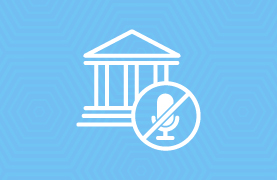Box 3: Effects of the Minimum Wage on Prices and Inflation - Report of the Board of Directors to the Congress of Colombia - March 2023
Pursuant to Article 5 of Law 31 of 1992, the Board of Directors of Banco de la República (the Central Bank of Colombia) submits a report to the Honorable Congress of Colombia, informing about the performance of the economy and its outlook. This report is submitted twice a year, in March and July, within ten business days following the start date of the sessions of the Congress.
The minimum wage (MW) is one of the most widely used public policies in almost all the countries. Included among its objectives are the protection of workers against unduly low wages and to contribute to the reduction of poverty and inequality. However, there has been evidence of the adverse effects of its implementation on the labor market that has cast doubt on its ability to increase the welfare of the labor force and allow the labor market to function well (Neumark and Wascher, 2008).
In Colombia, the concept of the MW was legally established in the mid-twentieth century through Act 6/1945 and became effective in 1949. In its implementation process, a wide range of minimum wages was introduced. Thus, for example, Decree 236/1963 (which regulated Law 1/1963) established minimum daily wages by department and company size; Decree 240 from the same year readjusted the MW for the agricultural sector and for workers under sixteen years of age and fixed the hourly minimum wage.














































